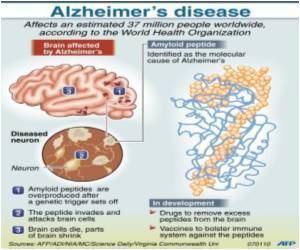Moderate wine consumption is independently associated with better performance on cognitive tests, A large prospective study in northern Norway has reported.

It has long been known that "moderate people do moderate things." The authors state the same thing: "A positive effect of wine . . . could also be due to confounders such as socio-economic status and more favourable dietary and other lifestyle habits.
The authors also reported that not drinking was associated with significantly lower cognitive performance in women. As noted by the authors, in any observational study there is the possibility of other lifestyle habits affecting cognitive function, and the present study was not able to adjust for certain ones (such as diet, income, or profession) but did adjust for age, education, weight, depression, and cardiovascular disease as its major risk factors.
The results of this study support findings from previous research on the topic: In the last three decades, the association between moderate alcohol intake and cognitive function has been investigated in 68 studies comprising 145,308 men and women from various populations with various drinking patterns. Most studies show an association between light to moderate alcohol consumption and better cognitive function and reduced risk of dementia, including both vascular dementia and Alzheimer's Disease.
Such effects could relate to the presence in wine of a number of polyphenols (antioxidants) and other micro elements that may help reduce the risk of cognitive decline with ageing. Mechanisms that have been suggested for alcohol itself being protective against cognitive decline include effects on atherosclerosis ( hardening of the arteries), coagulation ( thickening of the blood and clotting), and reducing inflammation ( of artery walls, improving blood flow).
Advertisement











